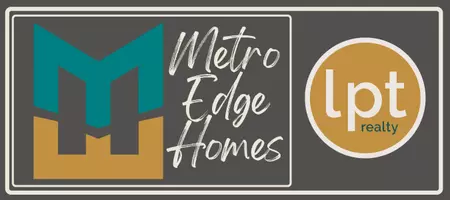Finished Basements: Do They Add Value?
Finished Basements: Do They Add Value?
Whether you are an owner looking to invest in your property or a real estate professional working to help a seller, the topic of basement remodeling is sure to come up. Before beginning any project, it is important to understand what you want to get out of
3 Easy Home Decor Ideas to Make Your Space Cozy as the Weather Gets Colder
3 Easy Home Decor Ideas to Make Your Space Cozy as the Weather Gets Colder
As the days grow shorter and the air turns crisp, there’s something magical about retreating indoors and creating a space that feels warm, calm, and inviting. Your home can become a cozy sanctuary where you recharge and
Four Ways You Can Use Your Home Equity
Four Ways You Can Use Your Home Equity
Home equity refers to the value of your home that you own outright, minus any outstanding mortgage balance. It can be a valuable asset that can be utilized in various ways. Here are four ways you can use your home equity:
Home renovations or improvements:
Common Home Hazards
Common Home Hazards
Homes can have safety issues that aren’t always obvious — problems that could endanger you and your family. Fortunately, doing an annual safety audit of your property can help identify some of these hazards and allow you to remedy them before they cause larger problems. It ma

Carrie Licon
Phone:+1(316) 304-4152
Leave a Message
Our Team
Licensed Real Estate Agent | License ID: 00249495
Licensed Real Estate Agent | License ID: 00246260
Licensed Real Estate Agent | License ID: 00248944
Licensed Real Estate Agent | License ID: 00240800
Licensed Real Estate Agent | License ID: 00249715








